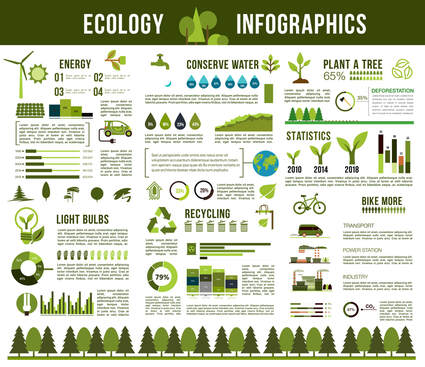
5 reasons stats and facts alone will not achieve behaviour change
by Livvy Drake
Are you sharing some of the environmental facts and stats and getting frustrated that people are not acting upon these? Here are five reasons why knowledge or education alone is not enough to change unsustainable habits!

1. Information deficit
Many campaigners assume that people lack education, but awareness of a problem is not enough for people to take action. All you are doing is sharing knowledge.
2. Inattentional blindness
Your information may not even be seen if it is presented at a time that is not relevant. This is because human brains filter out information that is not relevant and focus on that which is. So people may not even see your post if it doesn’t resonate with their current concerns or focus.

3. Confirmation bias
Our brains are wired to see the world as we expect it to be, which is why we miss spelling mistakes. This means we look for information to confirm our world view and why in a world of disinformation, people will seek out the information on Google which confirms their world view.
So how about telling people that their behaviours are the problem and they need to change them?


4. Cognitive dissonance
This is a painful state for the brain where its beliefs or attitudes it holds about the self e.g. good or ethical or conscientious are called into question by actions and behavioural decisions.
To cope with this difficult feeling, the brain has to decide how to manage this feeling. The easiest way is to ignore the message and the messenger and seek out justification to reinforce the current behaviours. This also means people can switch off from a campaign altogether.
Cognitive dissonance also leads to divisions in society as people seek out those that confirm their behaviours or lifestyle choices and turn away from those that critise.

5. Social norms
Often people’s behaviours are motivated by a whole raft of reasons (see our blog on the steps to achieve behaviour change) If people think that the behaviour, being suggested, is not socially acceptable to their peers they are less likely to act. This has been a massive issue for men reducing or being vegetarian, as it isn’t seen as ‘macho’.

And for the solutions on how to communicate read : 5 tips to communicate for Pro-Environmental Action
Sign up to our newsletter for the next blog on how to communicate effectively for behaviour change.
Or If you would like more insights on the barriers and opportunities to deliver behaviour change as a campaigner or a communicator, we have our on demand content series.
Replays can be accessed from £19. These will take you through key behavioural psychology principles to apply, how to better understand your audience and then how to design an engaging initiative.

You might also like:


